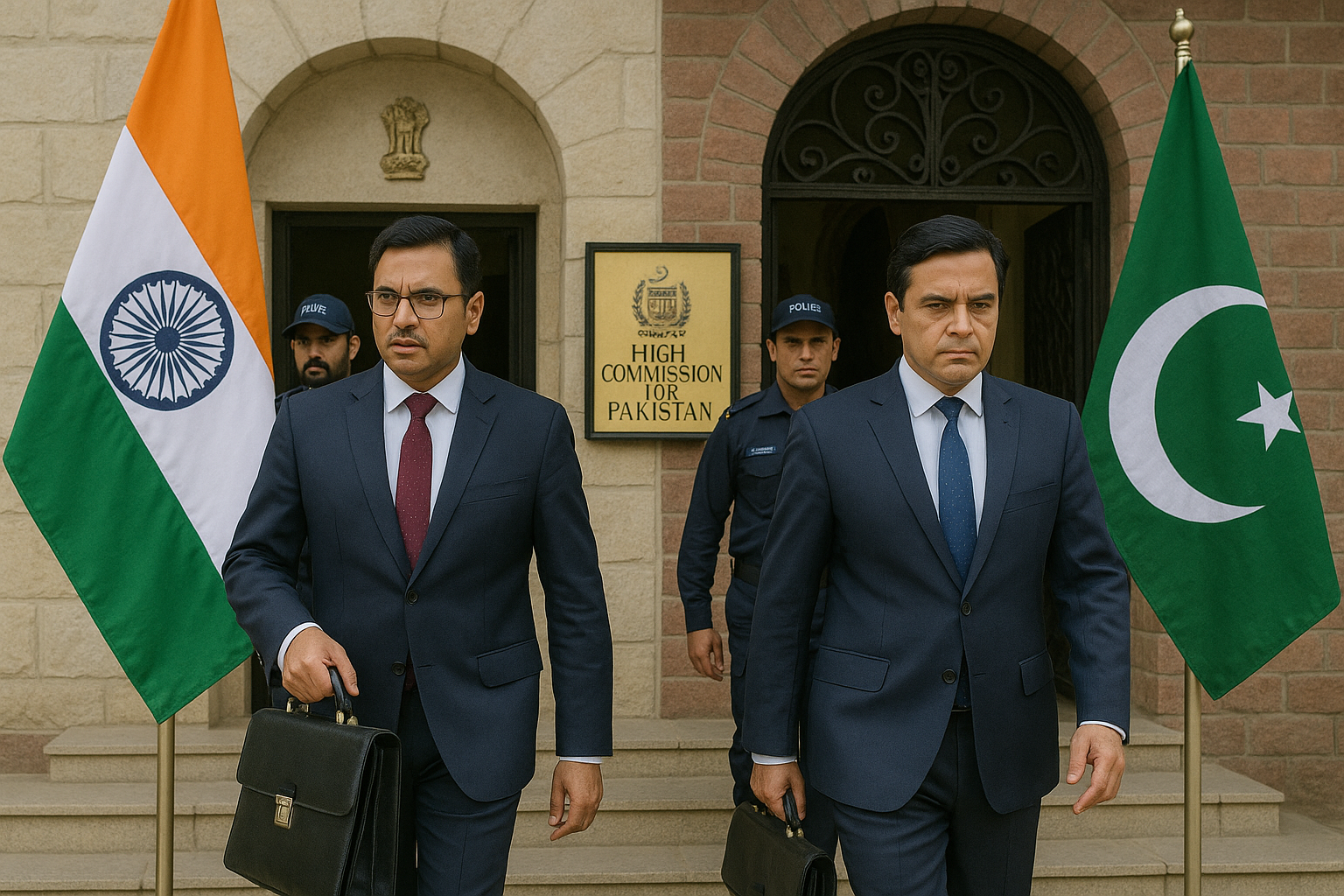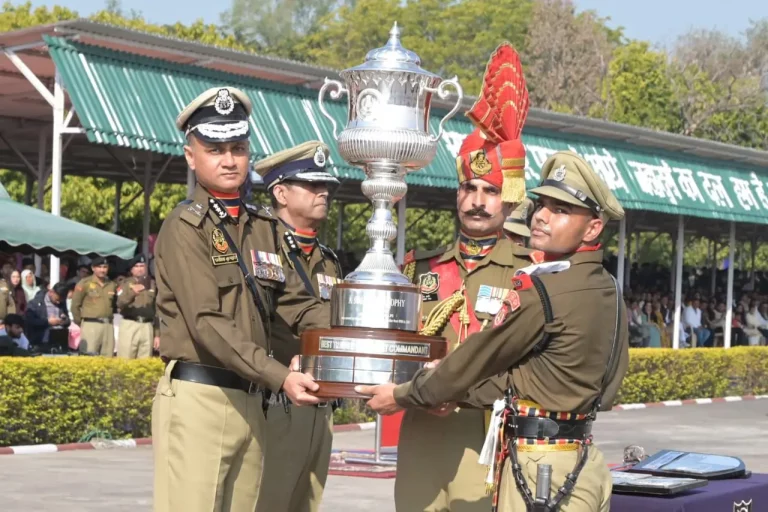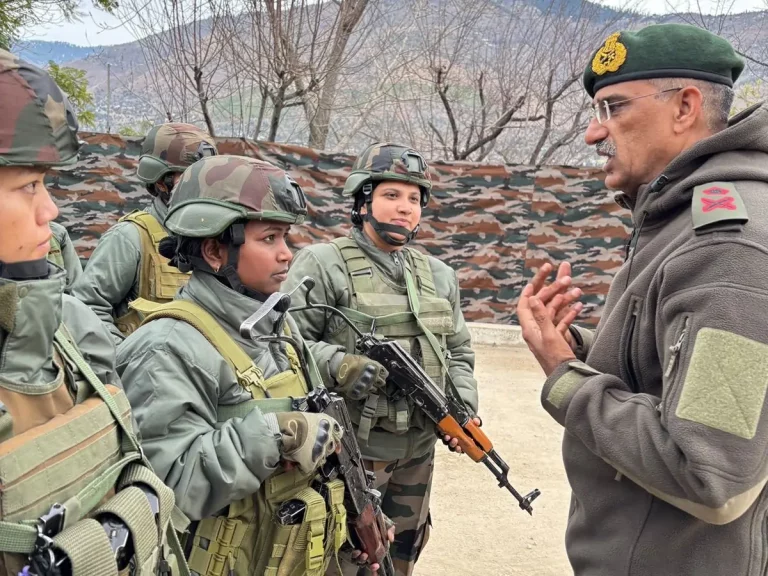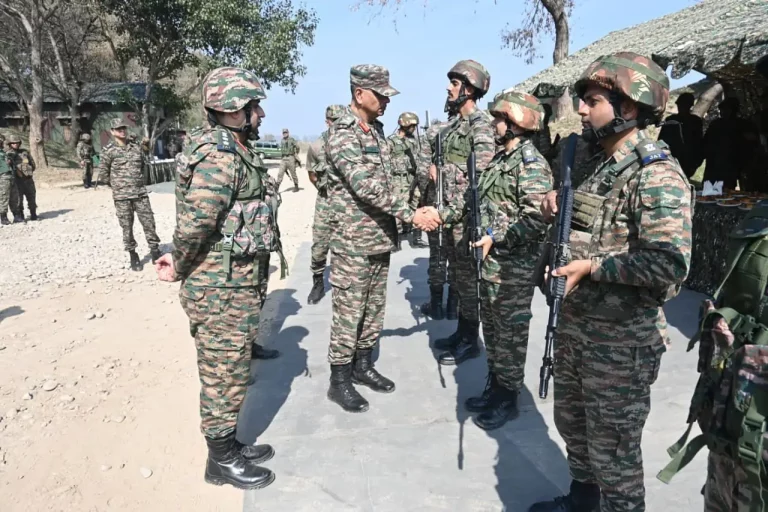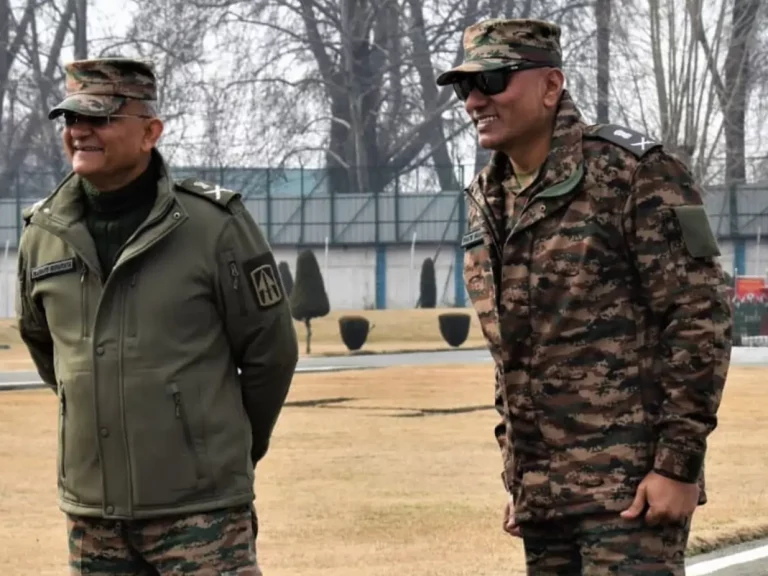In a significant escalation of diplomatic tensions, Pakistan has formally expelled a staff member from the Indian High Commission in Islamabad, classifying them as persona non grata due to alleged involvement in activities inconsistent with their diplomatic status. This action directly follows India’s earlier decision to expel a Pakistani diplomat from New Delhi, marking a striking moment of tit-for-tat diplomacy between the two nations.
The Pakistan Ministry of Foreign Affairs verified the expulsion, specifying that the Indian official has been granted 24 hours to exit the country. In a reflection of the mirroring rhetoric utilized in India’s announcement, the Indian Charge d’Affaires in Islamabad was summoned to receive an official diplomatic demarche, underscoring the retaliatory nature of this latest diplomatic dispute.
This incident is rooted in a series of events dating back to May 11, when two individuals were apprehended in Malerkotla, Punjab, in connection with an espionage network allegedly involving a Pakistani official stationed at the High Commission in New Delhi. Following these arrests, on May 13, India opted to expel the Pakistani staffer, accusing them of espionage and granting them the same 24-hour window to leave.
Pakistan’s retaliatory action is perceived as an endeavor to uphold diplomatic equality, a recurring theme in the historically fraught relationship between the two nuclear-capable countries. The current diplomatic expulsions come in the wake of increased tensions following the tragic April 23 terror attack in Pahalgam, Jammu and Kashmir, which resulted in the deaths of 26 individuals. In the aftermath, India enacted a series of drastic measures, including suspending the longstanding 1960 Indus Waters Treaty and closing the vital Attari land border crossing. In response, Pakistan closed its airspace to Indian flights and issued stern warnings regarding the water-sharing agreement, deeming any alterations as a potential act of war.
Such diplomatic expulsions are not unprecedented in India-Pakistan relations. A similar crisis unfolded in 2020 when India expelled two officials from the Pakistani High Commission on espionage accusations, which led to a formal diplomatic protest from Islamabad. Both nations point to the 1961 Vienna Convention on Diplomatic Relations, which permits host countries to declare diplomats persona non grata without the necessity for justification.
Reactions to the ongoing diplomatic conflict have been varied. While some analysts view Pakistan’s response as a routine and expected action, others argue it reflects a deeper and increasingly problematic mistrust. This atmosphere is intensified by ongoing ceasefire violations along the Line of Control and the protracted conflict surrounding Kashmir.
As the presence of Pakistani diplomatic staff in New Delhi dwindles to approximately 30, similar reductions are anticipated for Indian diplomats in Islamabad, casting doubt on the prospects for substantial diplomatic dialogue. Given the growing hostilities, there may be increasing pressure on the international community—including organizations like the United Nations and the World Bank, which oversee crucial treaties such as the Indus Waters Treaty—to step in if tensions escalate further.
